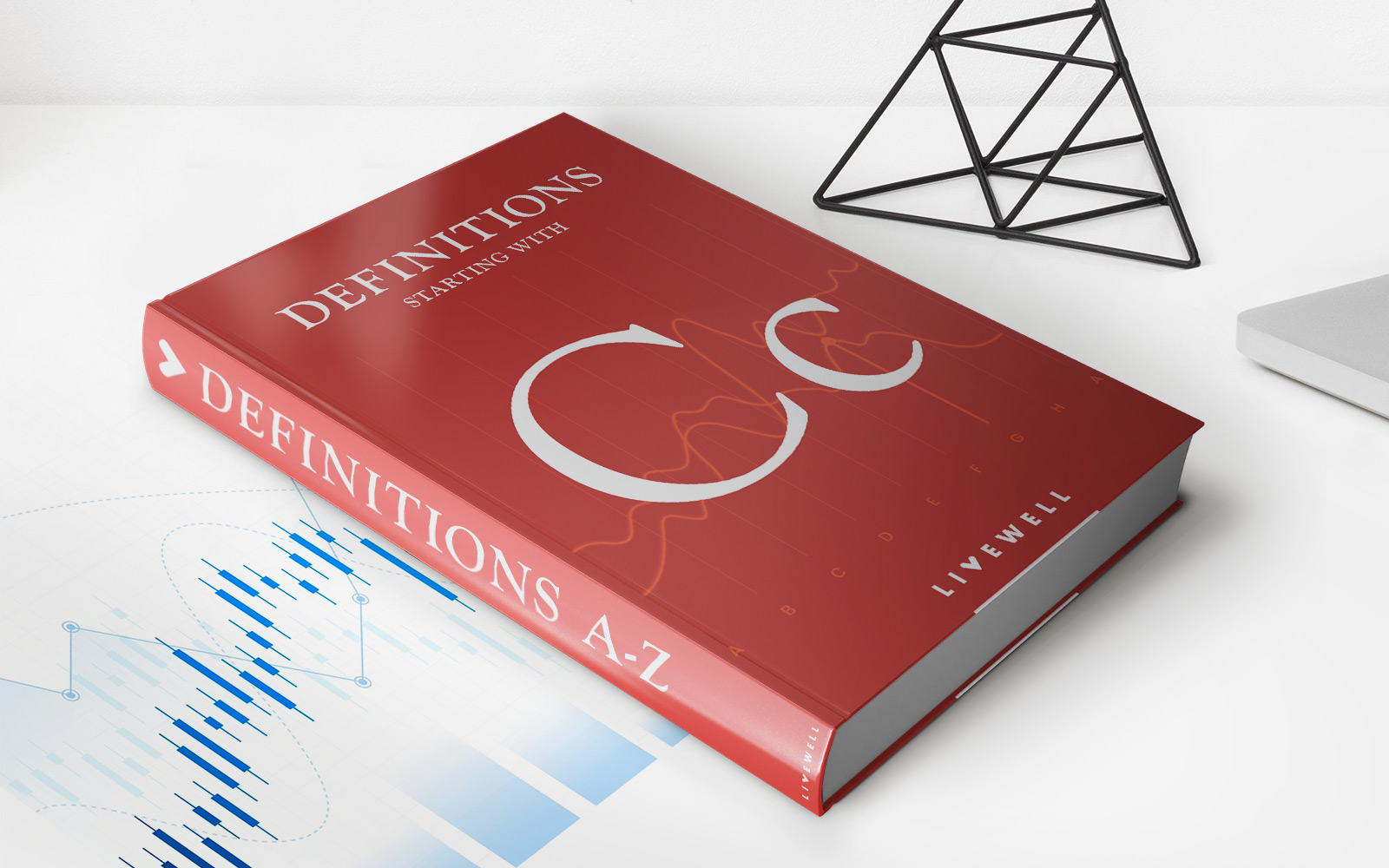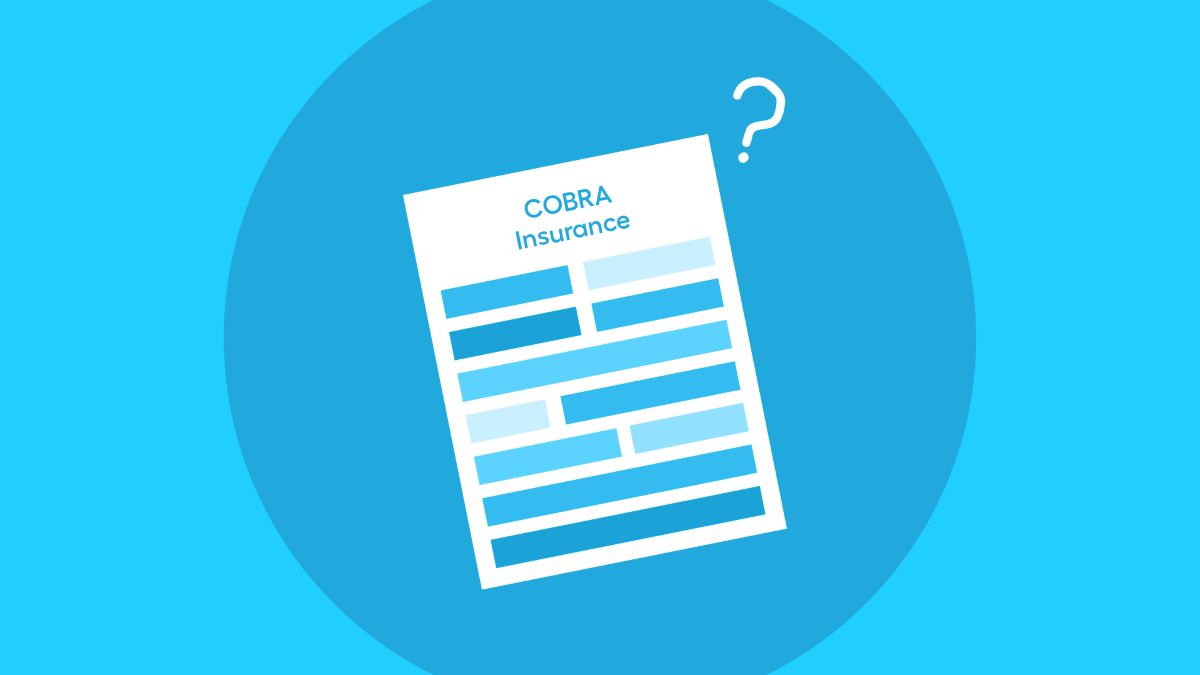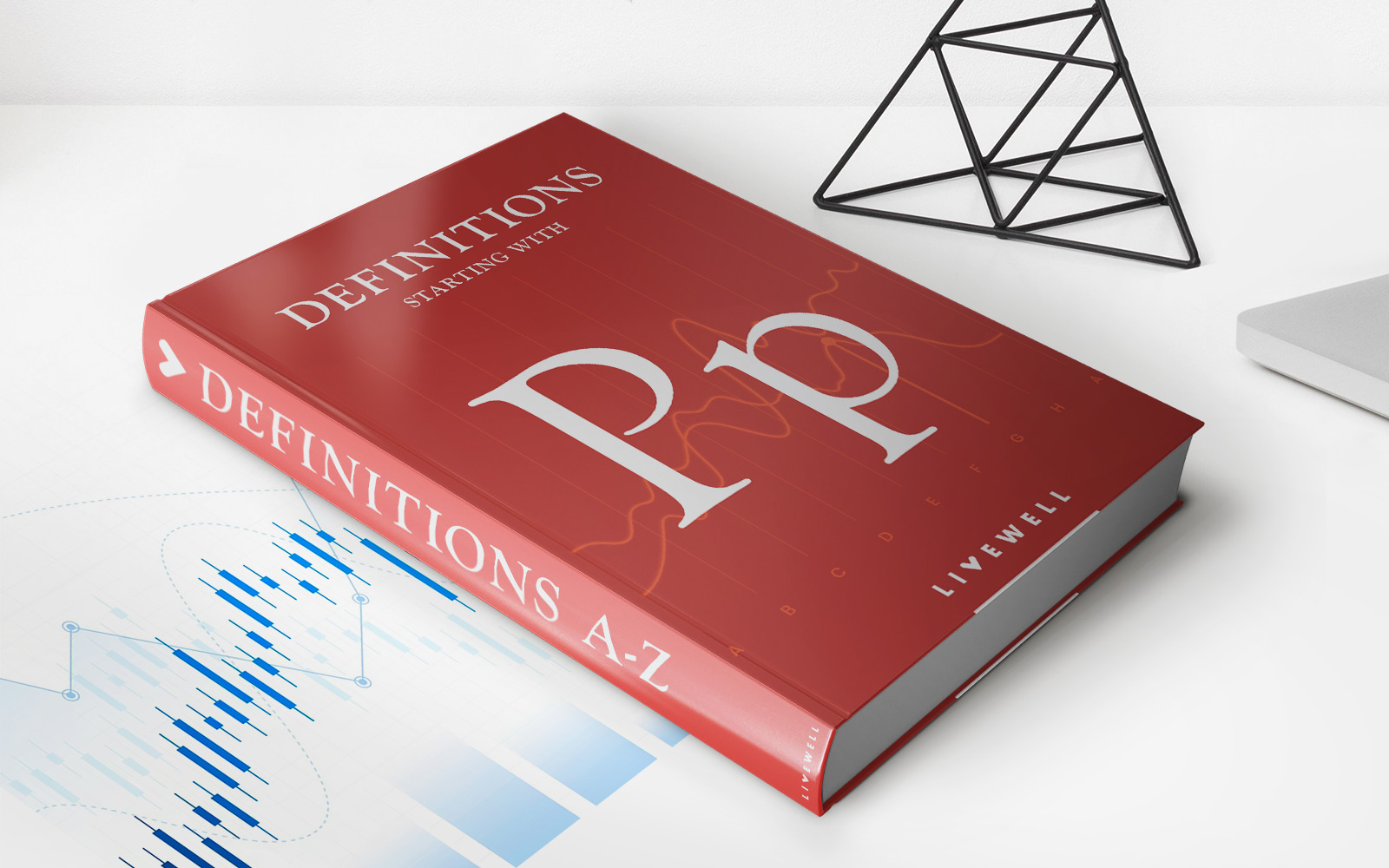

Finance
Cancelable Insurance Definition
Published: October 22, 2023
Learn about cancelable insurance and its definition in the world of finance.
(Many of the links in this article redirect to a specific reviewed product. Your purchase of these products through affiliate links helps to generate commission for LiveWell, at no extra cost. Learn more)
Understanding Cancelable Insurance: A Comprehensive Guide
When it comes to making smart financial decisions, understanding the various terms and options available is crucial. In the realm of insurance, cancelable insurance is an important concept to grasp. If you’re new to the world of insurance or want to expand your knowledge, this blog post will serve as a comprehensive guide to cancelable insurance, its definition, and how it can affect your financial security.
Key Takeaways:
- Cancelable insurance refers to a type of insurance policy that allows the policyholder or the insurance company to cancel the policy at any time, usually without any penalties.
- Cancelling an insurance policy can result in a loss of coverage and potential financial risks, so it’s important to carefully consider the terms and conditions of a cancelable insurance policy before making a decision.
Understanding Cancelable Insurance
Cancelable insurance, as the name suggests, is an insurance policy that can be canceled at any time by either the policyholder or the insurance company. Unlike non-cancelable insurance policies, cancelable insurance provides more flexibility for both parties involved. It allows policyholders to discontinue coverage if their needs change or if they find a better insurance policy with more favorable terms elsewhere.
While the flexibility offered by cancelable insurance can be advantageous, it’s essential to carefully consider both the benefits and drawbacks before opting for this type of policy. To help you make an informed decision, here are a few important points to keep in mind:
1. Pros and Cons of Cancelable Insurance:
Just like any financial product, cancelable insurance has its pros and cons. Take a look at the following key points to consider:
Pros:
- Flexibility: Cancelable insurance allows you to adjust your coverage or switch to a different policy if needed.
- Freedom to Shop Around: If you find a better insurance policy with more favorable terms, you can cancel your existing policy without any penalties.
Cons:
- Loss of Coverage: If you cancel your insurance policy, you’ll lose the protection it provides.
- Potential Financial Risk: Without insurance coverage, you’ll bear the financial responsibility for any unexpected events or damages.
2. Cancelable Insurance and Financial Security:
When considering cancelable insurance, it’s crucial to evaluate how it may impact your overall financial security. Ask yourself the following questions:
- Is cancelable insurance the right option for me?
- Do I have alternative resources to cover potential financial risks if I cancel my policy?
- How likely am I to find a better insurance policy that aligns with my financial needs and goals?
By contemplating these questions, you’ll be able to assess whether cancelable insurance aligns with your financial strategy and risk tolerance. It’s important to remember that financial security varies from person to person, so what works for one individual might not work for another.
Cancelable insurance is just one option among many in the insurance landscape. It’s essential to thoroughly research and compare various policies, terms, and conditions to make the best decision for your financial well-being.
Conclusion
Cancelable insurance offers flexibility for policyholders, allowing them to adjust their coverage or opt for a different policy when needed. However, it also carries the risk of losing coverage and potential financial burden. Assessing your financial goals, risk tolerance, and alternative resources can help you make an informed decision about whether cancelable insurance is the right choice for you. Remember, when it comes to insurance, knowledge is power, and being aware of your options will contribute to your financial security.














